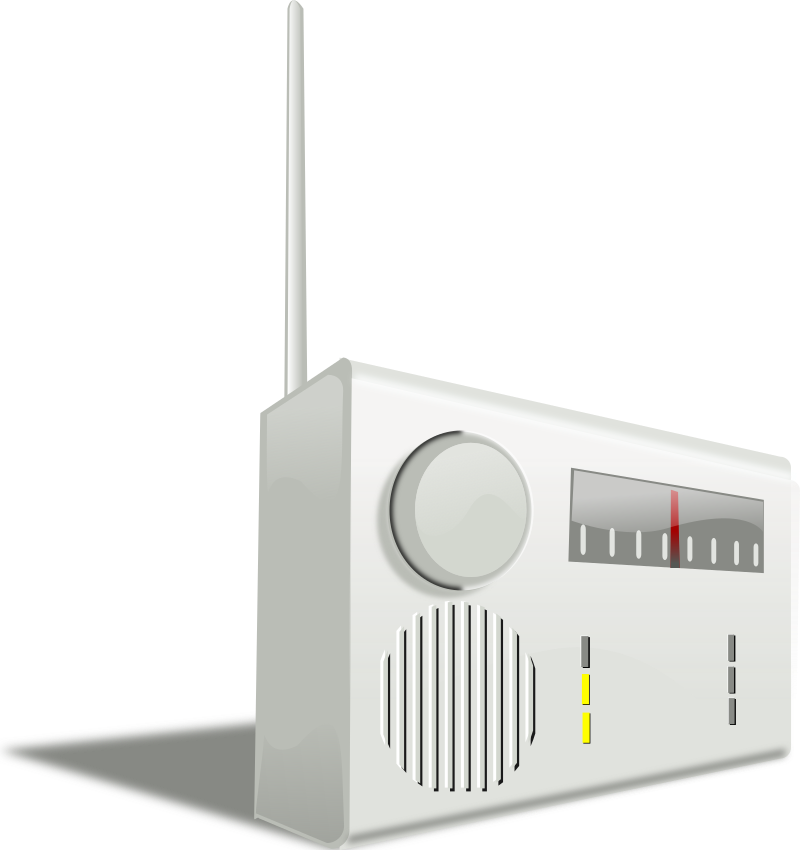Performing Live Music 
The Live Music Act 2012 has removed licensing requirements governing unamplified live music occurring between 8am and 11pm in all venues. This means that the performance of unamplified live music is no longer regulated by the Licensing Department of Local Authorities. The rationale behind this is to help stimulate and encourage the local music scene across the country.
This basically means that a band, without using speakers, can perform in any place without warning, between 8am and 11pm.
The Act also removed the licensing requirement for amplified live music occurring between 8am and 11pm provided the audience does not exceed 200 people. The likelihood of increased volume from amplified live music means that it was decided that some timing regulations need to be in place. If a premises wants an event with amplified live music and they expect a crowd of more than 200 then it is considered that a Temporary Event Notice should be used. A TEN allows for crowds of 499 or less. It should be noted that the capacity of a venue, as indicated by regulations relating to health and safety, should have no bearing on the crowd that they anticipate will attend an event. For example, a pub with a capacity of 400 may run an event in the Winter and only expect 200 people to attend. However, in the Summer months it would be considered that they should perhaps expect more than 200. In cases where we suspect a premises of breaching this then the Local Authority would engage in a count of patrons inside a venue. This could lead to a review of the Premises License, and the possible imposition of conditions.
If requested, both the playing of acoustic and amplified music to a crowd of under 200 may be subject to a Local Authority review of the Premises Licence or Club Premises Certificate. It will also be possible to reinstate or impose conditions about live music following a review if it is found that the playing of live music at a venue is to the detriment of the local community in terms of noise nuisance.
Under the ‘live music’ provisions, “‘music’ includes vocal or instrumental music or any combination of the two”. ‘Live music’ is a performance of live music in the presence of an audience which it is intended to entertain. While a performance of live music can include the playing of some recorded music, ‘live’ music requires that the performance does not consist entirely of the playing of recorded music without any additional (substantial and continual) creative contribution being made. So, for example, a drum machine or backing track being used to accompany a vocalist or a band would be part of the performance of amplified live music. A DJ who is merely playing tracks would not be a performance of live music, but might if he or she was performing a set which largely consisted of mixing recorded music to create new sounds. There will inevitably be a degree of judgement as to whether a performance is live music or not and organisers of events should be encouraged to check with their licensing authority if in doubt.
Playing Recorded Music
Under UK copyright law (the Copyright Designs and Patents Act 1988) licences are required if recorded music is to be played, broadcast, or used in public*. The Performing Rights Society (PRS) and Phonographic Performances Ltd (PPL) both issue licences to the owner of the premises. The latter will also issue licences to individuals if they are to hold, for example, a disco, dance sessions or aerobics classes.

What do these organisations do?
The Performing Rights Society (PRS) collects the licence fees and protects the rights of the musical and lyrical composition of the music and the publishers. A licence from PRS will allow you to perform the music publicly on the premises.
Phonographic Performances Ltd (PPL) collects the licence fees for the public performance of original sound recordings of the music and protects the interests of the record companies and performers.
This is how it works
- If you wish to play, for example, a radio in your shop or factory or an instrument at an event, then you will probably need a licence from PRS. If you have hired the premises for the event, check with the owner as to whether they have one already.
- If you wish to play original CDs or tapes, for example, on a 'music on hold' telephone system, at a disco, for aerobics classes, at a special event or in your shop or factory, then as well as the PRS licence you will probably also need a PPL licence. If the sound recordings or music system are rented, the supplier should provide this licence. If you are employed to play the music then the employer is usually responsible for the licences, but do check.
- If you want to alter the music on the CD or tape, then you would need to apply for a licence from the Mechanical Copyright Protection Society (MCPS) too. You may find that the MCPS-PRS Alliance will be able to help you with 1 & 3 at the same time.
- For clubs, pubs, and those who wish to play music videos in public, you would need to contact Video Performance Ltd . The Video Performance Ltd link will also inform you of Music Mall, a division of VPL that sources and supplies music videos to a range of clients.
- THIS INCLUDES CD's, MP3's, IPOD's, Vinyl, Laptop or any other means of storing and playing back recorded sound, that belongs to another person, to the public.
* What is meant by 'public'?
A public performance is defined as any event, such as an office party, a disco or dinner dance, with the exception of a family or domestic gathering, for example, a birthday party or wedding reception.
It may be worth mentioning that 'performance' means the playing or performance of the music. It does not refer to your performance.
What does a licence cost?
There are various tariffs depending on the type of music you play or the amount of people you play to. If you hire the premises, then contact the owner of those premises to find out your cost. If you are not hiring the premises and need to purchase a licence, then contact the organisation/agent to find out which tariff would apply to your event.

It should be noted that:
- owning a CD or downloading music from the internet (both legally and illegally) does not give you the right to play it in public without a licence
- it is illegal to copy music from commercial sound recordings onto other media (such a mini disc, CD, blank tape, laptop or computer) without the necessary permission
- a public performance licence is not a licence to re-record
- if you play sound recordings in public without a licence, the courts can issue an order to stop you playing music altogether - as well charge you costs and maybe a fine
It is a legal requirement to ensure you are properly licensed to play music. To make sure of your legal obligations, contact the organisations or visit the websites . The examples given above are by no means exhaustive, so do not rely on advice from a friend, a colleague or this web page alone!
